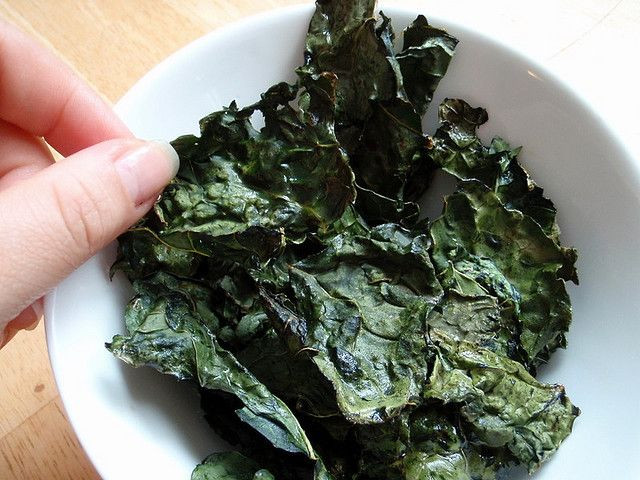Eat Your Greens: Science Has Not Confirmed The Link Between Thallium Poisoning And Kale

People are still crazy for kale, but is it as healthy as we think it is? In an article for Craftsmanship magazine, molecular biologist Dr. Ernie Hubbard thinks not. According to him, there may be a link between kale and thallium poisoning, along with other toxic metals, as a result of using coal ash spread for fertilizer.
Hubbard arrived at this conclusion after identifying toxic heavy metal in patients' urine. Initially, he thought these higher toxin levels were a byproduct of people eating more kale and other green vegetables. The U.S. Department of Agriculture found kale consumption alone has considerably grown since 2007, when 954 farms harvesting kale grew to 2,500 harvesters in 2012. But when Hubbard reviewed studies as far back as 2001, he found everyone's favorite green was particularly good at taking thallium up from soil.
Hubbard's suspicions took hold when a urine sample from one of his clients Laura Fenamore, a 52-year-old vegetarian who works out two hours per day, exhibited thallium levels seven times higher than what is considered the "threshold" limit in the workplace. Fenamore's favorite vegetable was kale, which she ate every day. She admitted to Hubbard that she felt fatigued and foggy in the brain, and her hair was falling out.
Upon meeting with Hubbard, he asked her to cut back on the green cabbage that she had been eating. When she did, her thallium levels went down and the symptoms she'd been experiencing improved.
Hubbard found thallium exists at low levels in the Earth's crust. It gets soaked up by soil through "nearby cement plants, oil drilling, smelting, and most of all, in the ash that results from coal burning," according to Craftsmanship.
Hubbard may have made a genuine link, but nothing is concrete yet. When it comes to science, replication is key, and Hubbard seems to be the first to make such a link. One might get the sense Hubbard purposefully singled out kale as the problematic green, but if kale is in fact absorbing sickening levels of metal, are other greens too?
So for now, we're still left with the overwhelming idea kale is king among greens. Kale is rich in vitamin K, A, and C and is a good source of potassium, which is good for heart health, the American Heart Association reported. Kale's antioxidants may also be helpful for cancer prevention.
While it is certainly possible for plants to uptake nearby toxic heavy metal deposits, a causative link remains to be found.
Published by Medicaldaily.com



























